- AI
- A
IT "Darwin Award": Nominees 2024
Every year in the world of technology, events occur that can be conditionally nominated for the "Darwin Award". 2024 is not over yet, but even now some nominees for the "honorary" award can be named.
In most cases, however, the problems started long ago, and only this year have they become so obvious that what happened can be called epic failures.
Massive Windows Failure
Let's start, however, with a problem that was predicted a quarter of a century ago, and it began and ended this year. However, there are no guarantees that this will not happen again - unexpectedly and no less epically.
1999 was a time when IT companies everywhere were actively making money on the Y2K problem. "The arrival of the new year 2000," experts said at the time, "will cause many computers around the world to recognize the numbers on the calendar as '1900', and this will lead to serious disruptions in the operation of critical applications, including those that control technological processes." And all because developers preferred to use two digits to denote the year, not four. And this error was taken to be corrected by both software vendors and system integrators. Naturally, for money. On January 1, 2000, the world woke up as if nothing had happened. Almost all systems continued to work, and only in Japan did one of the enterprises, not the most significant for the country's economy, stop.
The end of the story? Only partly. Since 2000, the "2000 problem" has been remembered as one of the largest scams in history, allowing businesses to turn almost the entire world upside down. But the Y2K precedent is interesting because the cataclysms that were promised then did happen. In July 2024.
In 2016, Donald Trump won the US presidential election for the first time. His arrival in the White House was accompanied by a very loud scandal. The servers of the US Democratic National Committee were hacked, and the stolen correspondence was used as compromising material against Trump's rival, Hillary Clinton.
Then the company CrowdStrike, founded five years earlier by George Kurtz and Russian-born Dmitry Alperovitch, gained wide recognition. CrowdStrike experts determined that two hacker groups linked to Russian intelligence services were behind the attack on the Democrats' servers. The information from CrowdStrike was refuted the following year. But that didn't stop the company from going public in 2019 and gaining Google, Amazon Web Services, and Microsoft as clients.
And again the name CrowdStrike surfaced – this time unrelated to the U.S. presidential election. The company distinguished itself in such a way that it forever entered history as the "author" of a giant IT fail. Among CrowdStrike's products is Falcon Sensor, a cybersecurity application that operates at the kernel level of the Windows operating system. On July 19 of this year, an update for Falcon Sensor was released. A 40-kilobyte file was installed on more than 8 million Windows virtual machines deployed in Microsoft Azure, and they all gave a BSOD error – the famous "blue screen of death."
Failure was global: critical information systems around the world – from Australia to Europe – began to fail. Numerous power outages occurred, major television channels interrupted broadcasting, and ticket sales for many events stopped. In India, airport employees brought out flip charts to handwrite information for passengers. Paris got off relatively lightly – the Olympic Games were just beginning there, and the city was hosting millions of guests.
The financial damage was eventually estimated at more than $5 billion (excluding losses suffered by Microsoft), and the incident was recognized as one of the largest in IT history. And it was after this anti-case that experts compared its consequences to what could have happened (but did not) as a result of Y2K.
Personal data became public
How else can we assess the situation with the personal data of Russians if more than 3 billion (!) rows with them are already in the public domain?! This was announced at the SOC forum of the Solar group of companies by the Deputy Chairman of the Board of Sberbank Stanislav Kuznetsov. Literally: today, the personal data of about 90 million Russian citizens, that is, almost the entire adult population of the country, is in the public domain.
The main "sources" of personal data are online stores and medical institutions. At the same time, the largest number of leaks occurred last year, and the reason for the personal information falling into the hands of intruders was the sharp increase in the number of fraudulent actions. According to Kuznetsov, up to 6.5 million calls are recorded every day, and the fraudsters' schemes are constantly becoming more complex and personalized. As a result, by the end of the year, Russians will be scammed out of 250 billion rubles!
Another Intel Mistake
Intel is known not only as the largest chipmaker on the planet, but also (now) as the most persistent in its delusions company. And yet, it would seem, Intel was doomed to eternal success. One of its founders, Gordon Moore, formulated his famous law, which states that the number of transistors on a single chip will double every two years. And Intel regularly confirmed the statement of its founder, until...
...Until NVIDIA appeared, which released the RIVA 128 in 1997. From that moment on, a black streak began in Intel's super-successful history, which, it seems, will never end. Following the daring newcomers, Intel decided to play on the promising GPU market and released the i740. The first pancake of the semiconductor industry pioneer in the creation of graphics accelerators turned out to be lumpy - the i740 frankly failed. "Well, never mind," Intel decided and focused on what they did best in the world - on the development of CPUs.
Ten years later, Intel made another mistake, which was initially recognized as serious but not fatal. The company missed the beginning of the smartphone era, refusing to cooperate with Apple, which was preparing to release the iPhone. And yet Intel was already a supplier to Cupertino - its chips powered Macs.
Intel shareholders reacted sharply. Five years later, when the scale of the failure with Apple became apparent, the company's president and CEO, Paul Otellini, was literally thrown out. However, the shareholders themselves were wrong here. Brian Krzanich was called in to fix the situation, and he decided to start by acquiring companies that seemed promising at the time, specializing in the development of autonomous vehicle technologies and data centers for artificial intelligence systems. And the $30 billion spent did not pay off. Krzanich lost again, considering the technology of extreme ultraviolet lithography for microchip production unpromising. As a result, Intel's processes lagged significantly behind those used by its competitors.
In addition, the company is also plagued by technical problems that periodically occur with its processors. This summer, for example, computers running on Intel Core i9 13th and 14th generations started showing the "blue screen". Yes, the company did not refuse to fulfill its warranty obligations, but, you must agree, there is little pleasure in replacing a computer processor. Especially for those who are engaged in much more pressing tasks.
In 2018, Intel got another chance. The new CEO, Bob Swan, was offered to invest in a young project related to the development of artificial intelligence technologies. And traditionally for Intel's management, he did not believe in the prospects of the ideas. Indeed, what commercial prospects for AI can we talk about in the foreseeable future? The company that Intel was offered to invest in was called OpenAI. In 2022, it launched ChatGPT, the commercial prospects of AI suddenly became apparent, and Intel simply did not have the resources to join the AI race. And this became another reason to recall the voluntary exit from the niche where NVIDIA had been developing all these years.
The COVID pandemic temporarily halted Intel's decline. But the surge in demand for computers with CPUs was short-lived, and within two years, Intel continued its decline. Its losses in the third quarter of this year exceeded $16 billion, its market capitalization has shrunk fourfold, and the company's survival, which was once a giant in the industry, is now at stake.
OpenAI Problems
However, OpenAI, which Intel fatally overlooked, is also not perfect. The story of the end of last year with the removal of Sam Altman from the company's leadership and his subsequent return is still remembered. The reaction of one of the key investors in the project, Microsoft (Microsoft's investment in OpenAI is estimated at $13 billion), is not so well known. The Redmond corporation, to put it mildly, did not like the problems in OpenAI's leadership. And in the spring of this year, it decided to strengthen itself in the promising AI technology segment. How? Very simply: it invested in the development of its own team and bought key developers from one of OpenAI's main competitors, Inflection.
Against this background, OpenAI continues to be feverish. It is losing leading managers. And recently, the problems have become not only organizational but also technical: on November 9, there was a serious failure in the work of ChatGPT. Most of the complaints were about the chatbot itself, users also complained about the inability to log in to the OpenAI website, and its overall inoperability.
Of course, all these are still problems, but not yet failures of OpenAI. But it is obvious that artificial intelligence will not save them. And next year we can expect that one of the AI projects may well apply for participation in one of the nominations of the industry "Darwin Award".
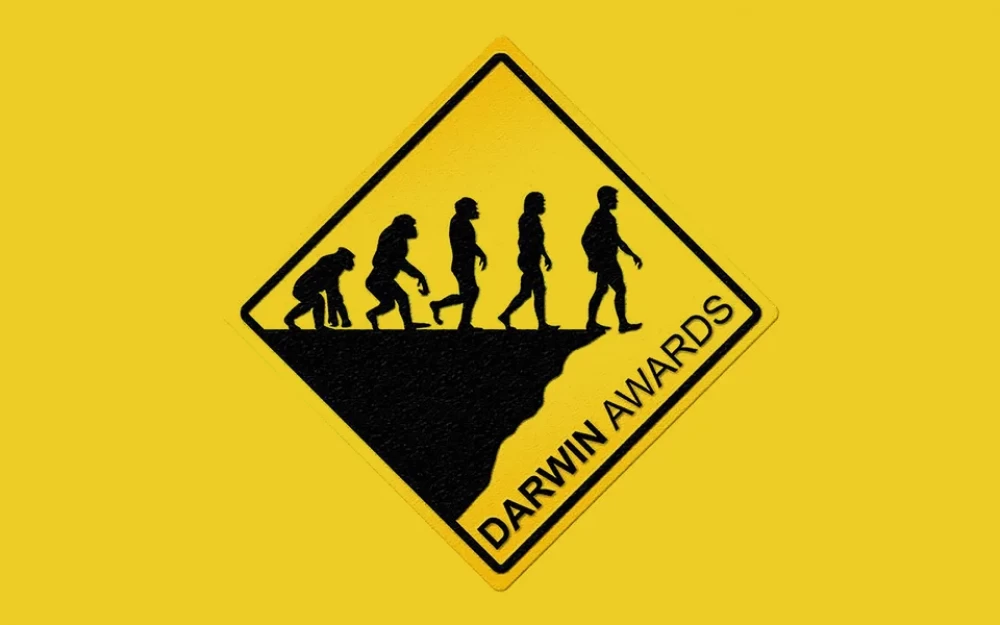
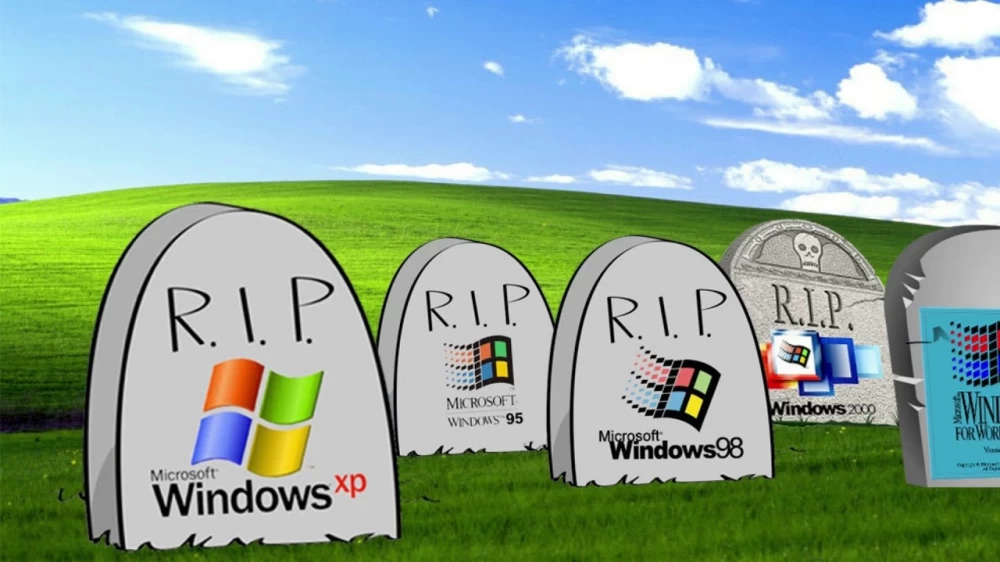
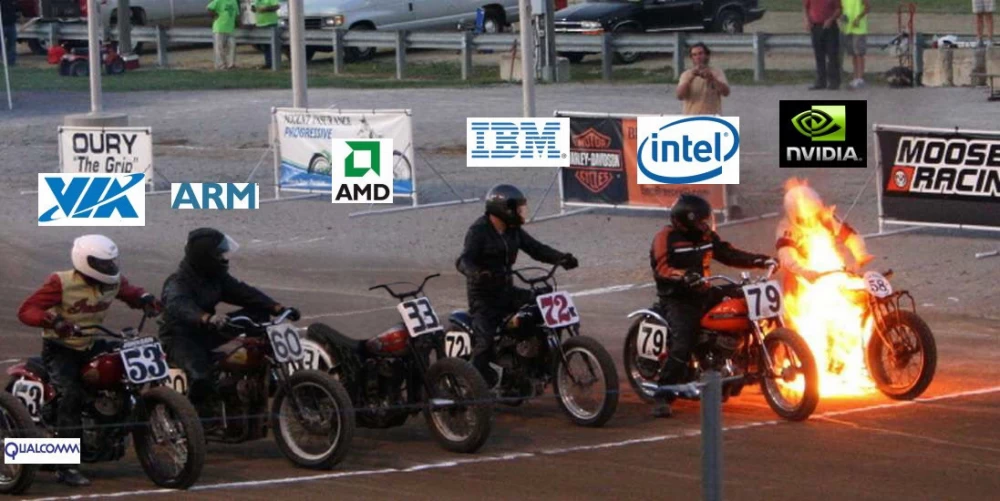
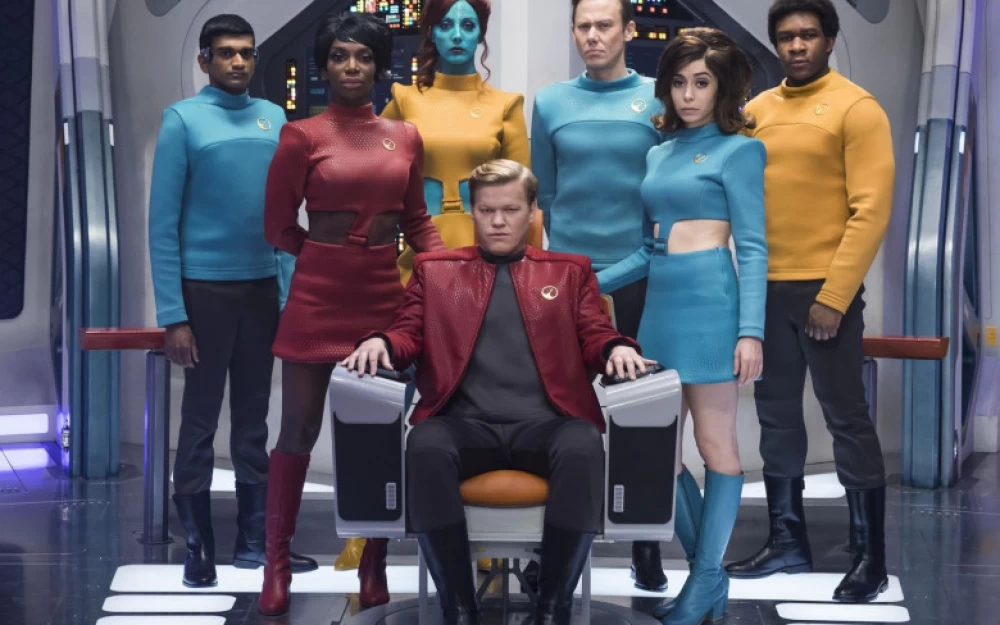
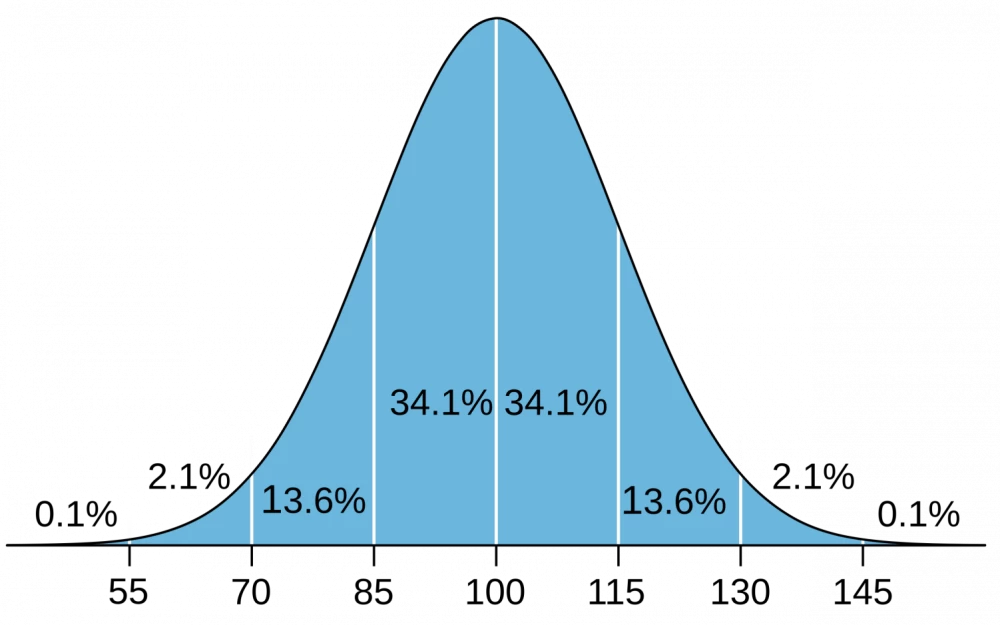

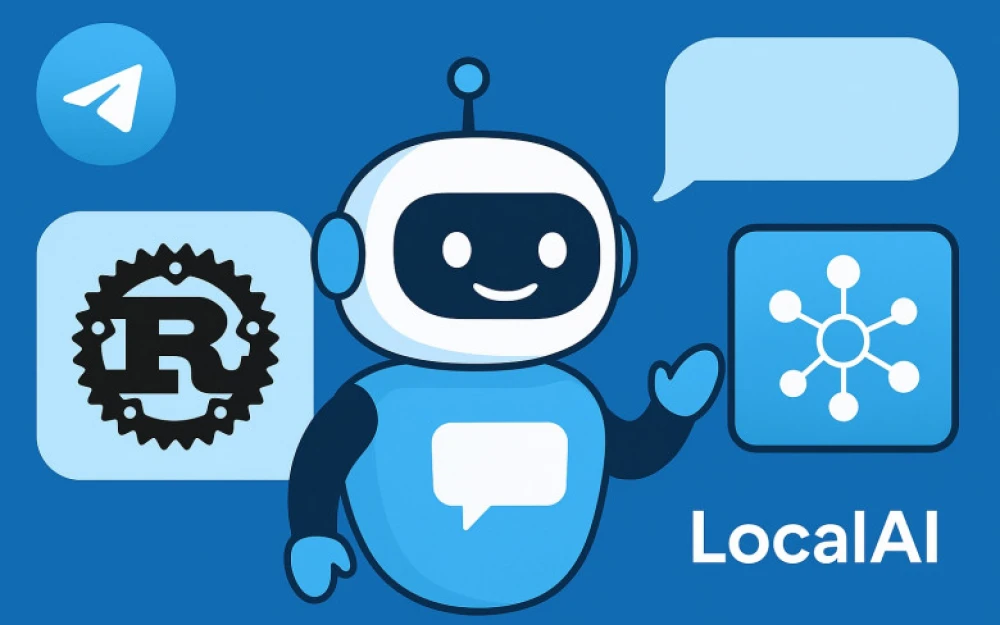

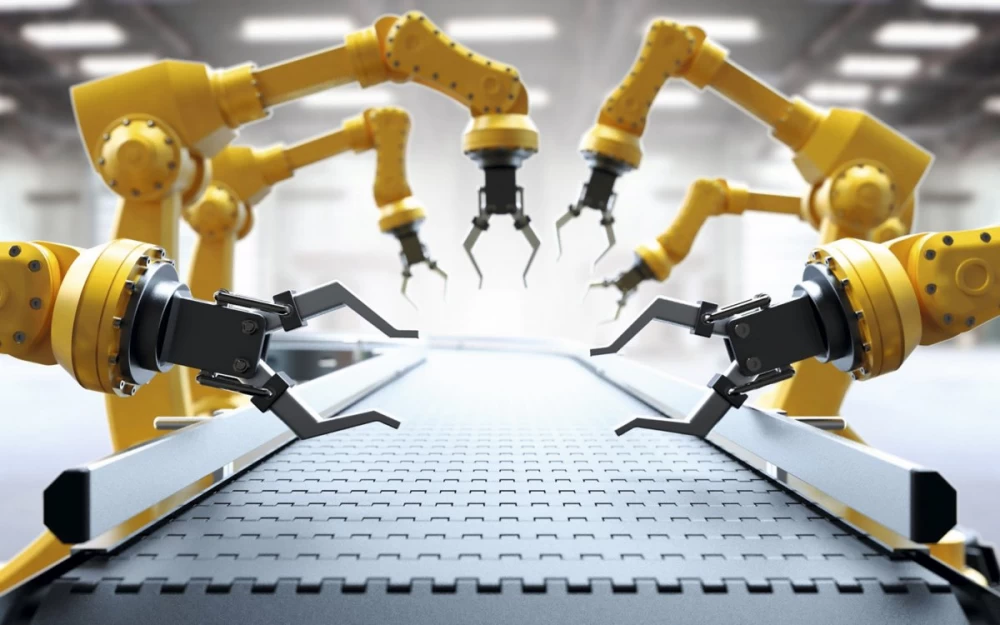

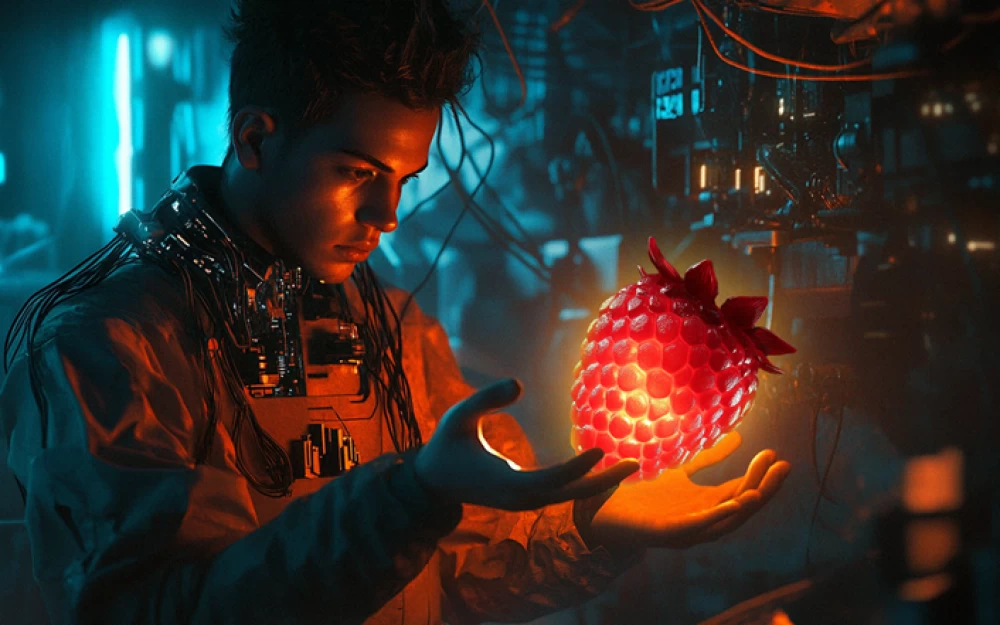

Write comment